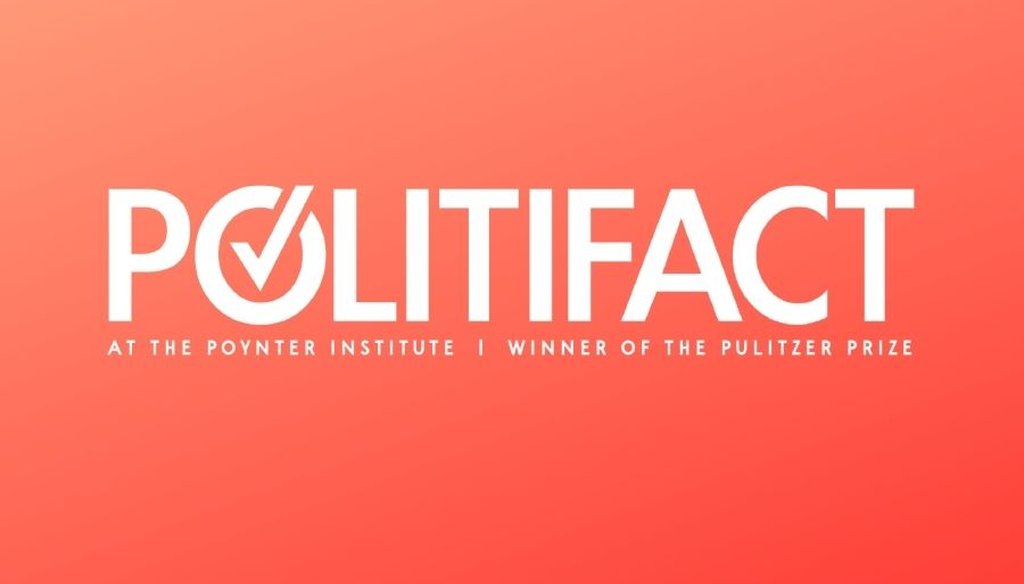Stand up for the facts!
Our only agenda is to publish the truth so you can be an informed participant in democracy.
We need your help.
I would like to contribute

President Barack Obama and Secretary of State John Kerry. (2012 AP Photo)
Within hours of the United States announcing an initial nuclear deal with Iran on Nov. 23, 2013, a few critics of President Barack Obama began to muse publicly about whether the announcement was timed to distract the American public from the troubled launch of Obamacare.
"Amazing what WH will do to distract attention from O-care," tweeted Sen. John Cornyn, R-Texas, at 10:15 p.m. the same night as the deal was announced.
Former presidential candidate Herman Cain cited the Iran deal as an example of how Obama "is desperately trying to change the subject from Obamacare to just about anything else."
And on Fox News’ Fox & Friends, co-host Steve Doocy asked, "Don’t you think it’s a little curious? Some of my friends were talking over the weekend, isn’t that curious timing? Out of nowhere, you know, in the midst of Obamacare not unrolling correctly, the president’s poll numbers never been lower. Then, look, (Secretary of State) John Kerry pulls a rabbit out of his hat and changes the subject."
To this, Fox anchor Bret Baier replied, "You’re right, it is questionable timing, as far as how much this is sucking up the oxygen in the room, and Obamacare was taking a lot of front page space." He then backtracked a bit, adding, "They had been working on the deal for a while, and it did come together at this time."
Sign up for PolitiFact texts
Is there any evidence that the White House delayed a deal with Iran in order to distract the American people from the Obamacare rollout? We aren’t able to put this claim to the Truth-O-Meter due to the lack of transparency surrounding closed-door, high-level negotiations.
Still, we thought it might be useful to look at the evidence that is available, and to check with people who have some experience with such diplomacy.
According to an Associated Press timeline of the Iran talks, the current round of negotiations with Iran have been under way since February 2013 -- long before the problems with the Obamacare website surfaced and the administration’s public relations nightmare began. That month, a United States delegation, led by Undersecretary of State for Political Affairs Wendy Sherman, joined allies in talks with Iran in Almaty, Kazakhstan. The following month, Deputy Secretary of State William Burns and Vice President Joe Biden's national security adviser, Jake Sullivan, flew secretly to Oman to meet with Iranian officials.
In August -- still well before the most problematic revelations about Obamacare began to emerge in October -- Iranian President Hassan Rouhani and Obama exchanged letters, and Burns and Sullivan held two more secret meetings with Iranian officials. In September, Obama and Rouhani spoke by phone -- the first time a U.S. president and an Iranian leader had since 1979. In addition, Iranian Foreign Minister Mohammed Javad Zarif met members of the allied negotiating team, including Kerry and Sherman, at the United Nations.
The website’s problems emerged after it was launched on Oct. 1, and the trouble deepened when the scale of individual-market policy cancellations became clearer, undermining Obama’s long-stated pledge that if you like your health care plan, you can keep it.
So it’s true that the climax of the negotiations with Iran coincided with the difficult Obamacare rollout. But the timeline suggests a cloak-and-dagger effort to find common ground with a decades-old enemy -- not an easy effort to avoid bad PR at home.
Experts were highly skeptical that the administration could have pulled it off even if they had wanted to.
"I don’t know if there are any historical examples in the universe of diplomacy" of such a well-timed diplomatic coup, at least one done intentionally, said Michael Levi, a senior fellow at the Council on Foreign Relations who specializes in arms control and technology in the Islamic world.
"I find it enormously implausible that the administration could have timed the Iran nuclear deal to distract from Obamacare," Levi said. "There are simply too many moving parts – and too many players – for such a thing to be engineered."
Gary Clyde Hufbauer, a senior fellow at the Peterson Institute for International Economics who has extensive experience with international agreements, felt similarly.
"It would have been hard for the U.S. to accelerate the timing of Iranian talks in order to draw attention away from Obamacare," he said. "Besides Iran, the other countries involved in the talks could care less about Obama’s domestic problems."
Hufbauer added that so far at least, "it’s not obvious that the Iranian deal has given Obama a new halo. Even some of his Democratic allies are disgruntled. So put me down as a skeptic."
We should note that Obama has long been interested in addressing the Iranian nuclear issue. During the 2012 campaign, he promised that "as long as I'm president of the United States, Iran will not get a nuclear weapon." Even earlier, in the 2008 campaign, he pledged to "crack down on nuclear proliferation by strengthening the Nuclear Non-Proliferation Treaty so that countries like North Korea and Iran that break the rules will automatically face strong international sanctions."
Kingston Reif, director of nuclear non-proliferation at the Center for Arms Control and Non-Proliferation, pointed to Obama’s longstanding interest in the issue as well as the June election of Rouhani, a moderate, as the reasons the agreement is coming together.
Those things have nothing to do with Obamacare, he said.
"This is an unhinged conspiracy theory. It is the kind of utterance one usually finds in the National Enquirer, not from a sitting United States senator," Reif said.
Our Sources
John Cornyn, tweet, Nov. 23, 2013
Rawstory.com, "Steve Doocy: ‘Curious timing’ that Iran came ‘out of nowhere’ to distract from Obamacare," Nov. 25, 2013
Herman Cain, "Seven lies from seven Democrats about ObamaCare, just so you don't forget the matter at hand," Nov. 25, 2013
Associated Press, "Timeline of Key Events in U.S.-Iran Negotiations," accessed Nov. 25, 2013
Email interview with Gary Clyde Hufbauer, senior fellow at the Peterson Institute for International Economics, Nov. 25, 2013
Email interview with Michael Levi, senior fellow at the Council on Foreign Relations, Nov. 25, 2013
Email interview with Kingston Reif, director of nuclear non-proliferation at the Council for a Livable World, Nov. 25, 2013
Email interview with Matthew Bunn, professor at Harvard University's Kennedy School of Government, Nov. 25, 2013














































